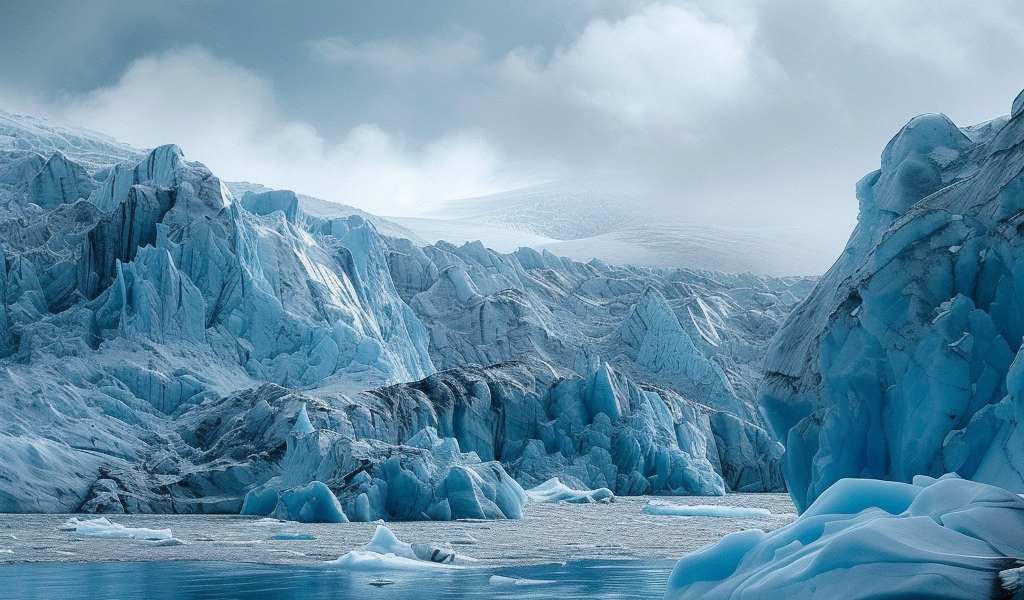Research Suggests Global Decrease in Carbon Dioxide Emissions Caused Earth’s Longest Ice Age
Recent research from the University of Sydney suggests that Earth’s longest ice age, known as Snowball Earth, may have been caused by a global decrease in carbon dioxide emissions. The study, led by Adriana Dutkiewicz, a sedimentologist at the University of Sydney, proposes that the depletion of carbon dioxide, resulting from reduced volcanic activity, made it challenging for Earth’s atmosphere to retain heat, ultimately leading to the planet’s extended glaciation.
The findings, published in the journal Geology, shed light on the significant influence of geological processes on Earth’s historical climate patterns. This discovery not only provides valuable insights into past climate trends but also offers a framework for understanding the current climate and the impact of human activities on carbon dioxide levels in the atmosphere.
The prevailing theory on the cause of Earth’s glacial period involves the release of minerals from the weathering of igneous rock, which effectively removed substantial amounts of carbon dioxide from the atmosphere, triggering a prolonged deep freeze. The study’s revelations contribute to the ongoing discourse surrounding the factors that led to the transformation of Earth into a frozen, desolate world around 717 million years ago.





